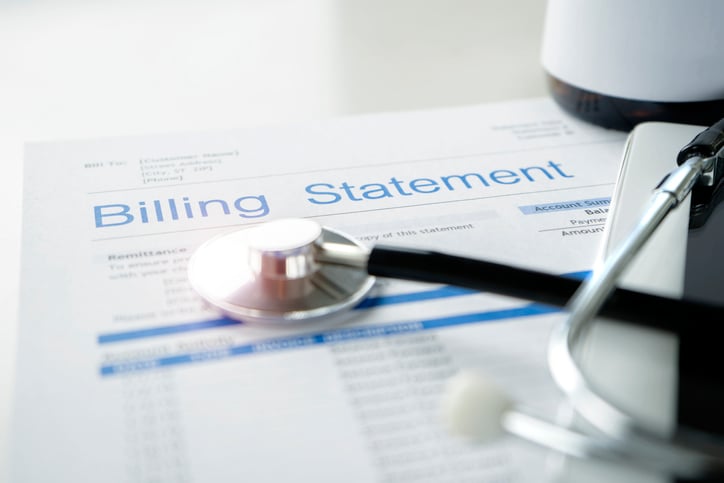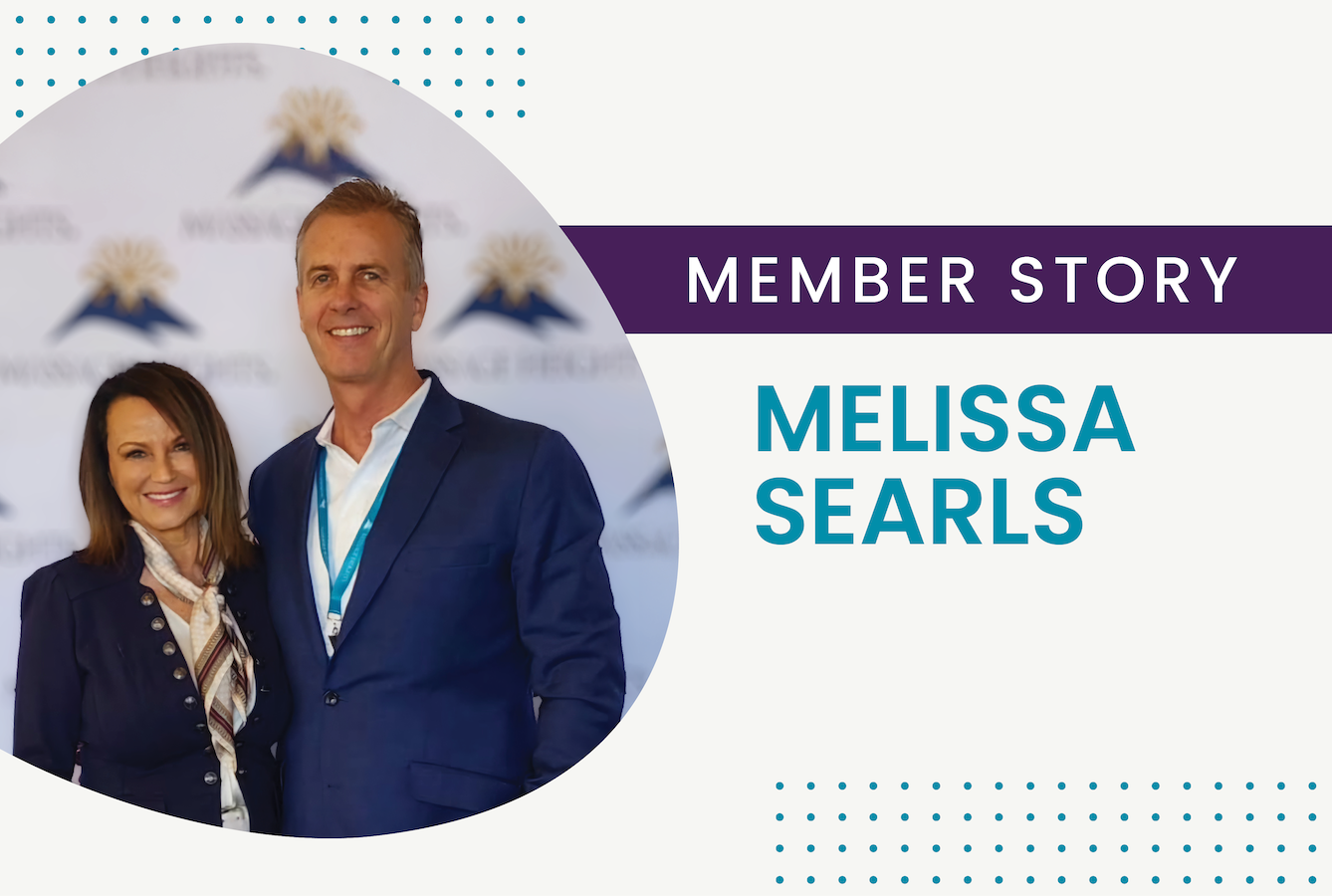How Your AUA Amount Fits Into Your Sharing Program
If you are new to Liberty HealthShare, or a long-time healthsharing member, it can be helpful to have a refresher about the medical costs that a...
3 min read
![]() Liberty HealthShare
Sep 7, 2022 8:30 AM
Liberty HealthShare
Sep 7, 2022 8:30 AM

Outstanding medical bills are said to be the number one cause of bankruptcy in America. According to a survey conducted by Kaiser Family Foundation in 2015, at least 1 million U.S. citizens declare bankruptcy every year due to medical bills. Furthermore, an Affordable Health Insurance survey found that 56% of Americans have overdue medical bills.
So, how can you keep your medical debt under control amidst rising healthcare costs and increased costs of living? How do you deal with unexpected healthcare costs if you're short on cash?
The following are six steps you can take to keep your healthcare expenses under control.
Around 30% to 40% of the medical bills issued to patients contain some kind of error. Common errors include;
Reviewing your medical bills will allow you to spot such errors and dispute whether or not you have insurance. Mistakes can inflate your healthcare bills and leave you paying more than you should.
Did you know that you can negotiate your medical bills to get an installment plan or a discount? Once you have reviewed your bill for errors, you can inquire if there are any waivers, relief, or hardship programs available. You can also ask if there are any discounts for making large payments and if the healthcare provider can offer low or no-interest payment plans.
Your insurance company may be able to provide you with information on where and how you can get financial assistance. Furthermore, many hospitals offer financial assistance programs for patients who struggle to pay their medical bills.
Don't forget about charities that specifically deal with certain conditions or disabilities. Depending on the medical condition you suffer from, you may be able to get a grant or join an assistance program.
Ask your doctor if the hospital has any financial assistance programs. You can also reach out to your provider and inquire if they can direct you to relevant programs.
You can generate some money to pay down your healthcare debts by selling unused assets like jewelry, collectibles, motorcycles or cars. You could decide to sell your home, downsize and use the difference to reduce the balance on your medical bills. Additionally, you may choose to refinance your mortgage and use the proceeds to y pay off your medical bills.
While this method allows you to generate cash relatively quickly, it puts your home on the line as collateral. You will still have to pay the new mortgage once your healthcare costs are paid.
If push comes to shove, you may be forced to fundraise. You could do this by asking family, friends and your general community to contribute a little to your bills. Online fundraisers such as Kickstarter and Go Fund Me are also a great way to raise funds.
A Christian healthshare ministry is a community of Christians that agree to help pay each other's medical costs by making monthly contributions that are shared. It is a non-profit, membership-based charitable organization that is based on the Christian values of sharing, helping, and lifting each other up.
Members make monthly contributions depending on individual factors such as program level, health needs and family size. Each member's share is then paired up with a member who has submitted an eligible medical expense.
The monthly contributions are often less than you might be paying for health insurance premiums.
A healthshare community may be able to cover all your future bills or cover a significant portion, depending on the program you choose.
Medical debt is an issue that affects millions of Americans, causing many to declare bankruptcy and severely reducing their quality of life. Opening lines of communication between you, your caregivers, and insurers will help you find ways to pay down your debt. At Liberty HealthShare, we are committed to improving our members' well-being.
We are a Christian membership-based, a non-profit organization that offers health-conscious individuals and families an affordable way to share medical expenses in a like-minded community.
Contact us today to find out more about how we can help you keep your medical debt under control.

If you are new to Liberty HealthShare, or a long-time healthsharing member, it can be helpful to have a refresher about the medical costs that a...

When it comes to healthcare, sometimes it makes sense to get a second opinion. But when it comes to medical expenses, you should always get an...

Melissa Searls', a Liberty HealthShare member since 2017, most recent holiday celebrations came right after a difficult season in her life. Her...